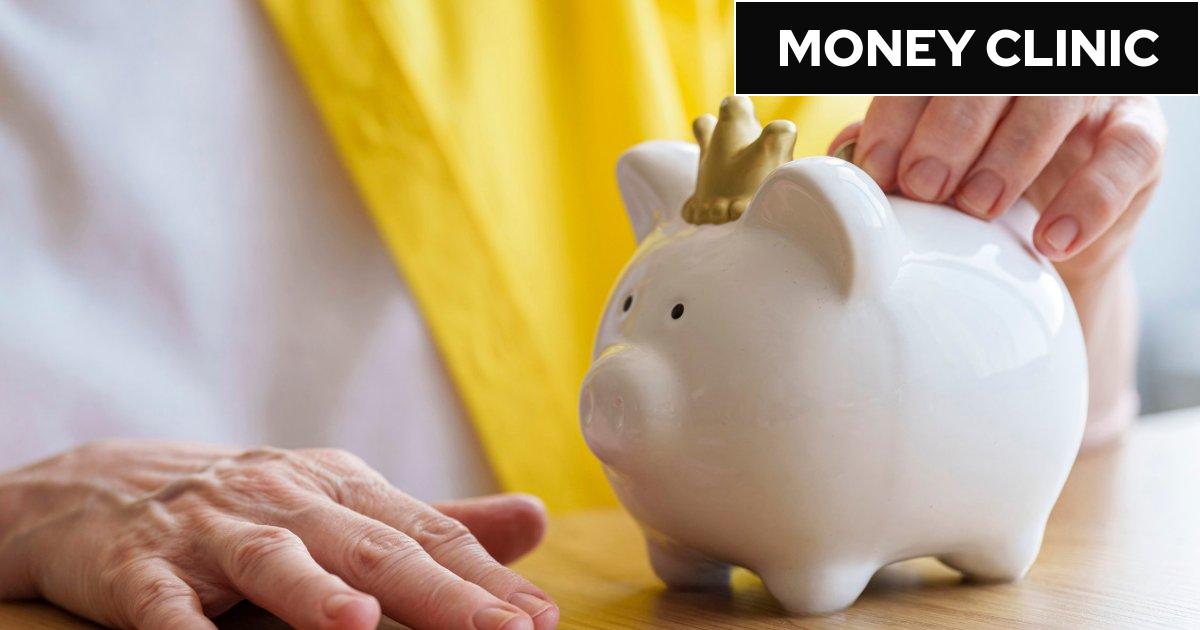A reader wants to know what action they need to take to pay tax owed on their pensions
In our weekly series, readers can email in with any question about retirement and pension savings to be answered by our experts. If you have a question, email us at money@inews.co.uk.
Question: I retired about two years ago, and alongside my state pension I get a very small pension from my employer’s defined benefit scheme. So far, adding the two together I have managed to just duck under the personal allowance. However, I have read today that my state pension will go up to £241 a week from next April, and I estimate that will take me over the personal allowance limit, so I think I will have to start paying income tax. How does this work? Will I be taxed automatically or do I have to ask someone to do something?
Answer: When the Labour Party came into power last year, they promised to keep the triple lock guarantee on state pensions, for at least the rest of this Parliament.
That means the state pension is guaranteed to rise each April in line with the highest of the rise in prices (inflation), rise in average earnings, and 2.5 per cent.
We now know that although the inflation figure is 3.8 per cent, the average earnings figure (which was in respect of increase in earnings for the three months up to July) was much higher at 4.8 per cent, and so the full single state pension should go up by 4.8 per cent from £230.25 to £241.30 a week.
But although a higher state pension is something to be celebrated, it is now perilously close to the personal allowance figure, which means that those, like you, who get their full state pension plus a little bit more income will be facing paying tax on your income.
You’re not alone. A recent Freedom of Information request shows there are around 8.7 million people of state pension age or over paying income tax in the UK in 2025-26, a 5 per cent increase on the previous year.
As your future income is going to be more than the personal allowance, you are going to have to pay income tax.
The Department for Work and Pensions (DWP) does not operate Pay As You Earn (PAYE) on your state pension, so you receive it gross without any income tax collected from the payments you receive. So, instead, you are going to have to pay any income tax due from your defined benefit pension.
When you started to receive your state pension, DWP automatically notified His Majesty’s Revenue & Customs (HMRC). The tax code HMRC issues to you ahead of the tax year should take into account the increased amount of the state pension as well as your defined benefit pension.
Your pension provider will have also received this information and therefore will have the correct tax code to deduct the right amount of tax.
You shouldn’t have to do anything, but it’s worthwhile looking out for your tax code – either sent by post or maybe updated in your HMRC app – and making sure that it reflects your true tax situation. If you have any concerns, then get in touch with HMRC at that time.
As you are receiving another source of income, your situation is one of the easier ones to administer. Things get more complicated when you are receiving investment income, like dividends.
In this situation, you must let HMRC know about any income you receive that is not from a pension.
You might have to fill in a self-assessment tax return to report this. (This government website can help you check whether you do owe anything.) If you owe any tax on investment income, HMRC will send you a calculation telling you how much you owe and how to pay it.
Making sure all Brits pay the right amount of tax is a complicated endeavour. Even if the state pension in April 2027 only increases by 2.5 per cent – the minimum part of the triple lock guarantee – that will put it over the frozen personal allowance threshold of £12,570, bringing many more pensioners into paying income tax, and creating more admin headaches for HMRC.

